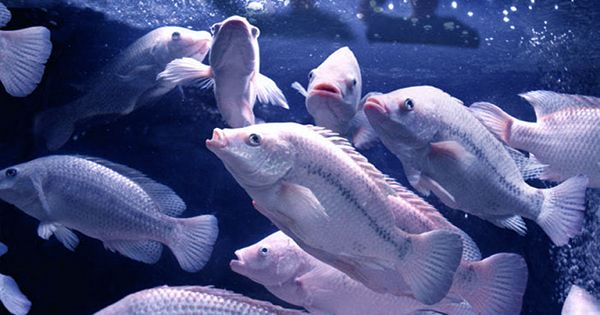Even after Challenger deepens it (surveyor Richard Garriott discusses such an experience) we still do not know much about the ocean and it reveals our deeper secrets (sometimes with the help of alligator corpses).
Unfortunately, a disturbing thing called barotrauma makes it more difficult for critics of certain seas to investigate further, because we cannot throw them to the bottom (where the pressure is less than in the deep sea) without their bodies exploding a bit. Ever wonder blobfish are so blob-like. Fortunately, scientists were able to come up with a solution that was cleverly clogs, which published in the journal Marine Science Frontiers. Combining remote knowledge of our turn with remote-controlled vehicle (ROV) technology, a sound is give to the symptoms that occur due to the feeling of a sudden decrease in pressure.
Turns can affect scuba divers if they move too fast from their sea adventure to the surface, but on land, we can treat these people in hyperbaric chambers where air and oxygen can changed to reduce symptoms. In humans, if the curves not handled properly, the joints can cause anything from pain and weakness to loss of consciousness and death. As demonstrated by the Byford Dolphin Accident, bringing people back from high blood pressure to low blood pressure can have disastrous consequences. We already know that animals can also suffer from too much curvature, as it can seen very quickly in a number of whales who are potentially sp by gold testing or noisy sea traffic to protect their subjects.
Nifty pieces of the kit were able to bring reef fish from a mesophotic depth (roughly known as “60 twilight zones”) inside a chamber that slowed the erosion process. Of the 174 fish registered on the test flight, 155 survived the decompression process. Further investigations observed how 148 samples sent to research centers and aquariums transported as air cargo, 143 journeys. The lower your pressure in the Earth’s atmosphere, the lower the pressure this is one of the reasons why your ears are fun on a flight.
Curvature in humans is sometimes the result of a person flying home shortly after diving, so the fish face a greater difference than the pressure outside the chamber carrying the aircraft. “SubCAS has allowed us to reliably sponsor charismatic fish unknown to science and to maintain them in aquariums for research and public engagement work,” the study authors wrote. “This opportunity gives us more than one million annual visitors and the wonder of exploration and the direct connection between the sciences of mesophotic coral ecosystems.”
















